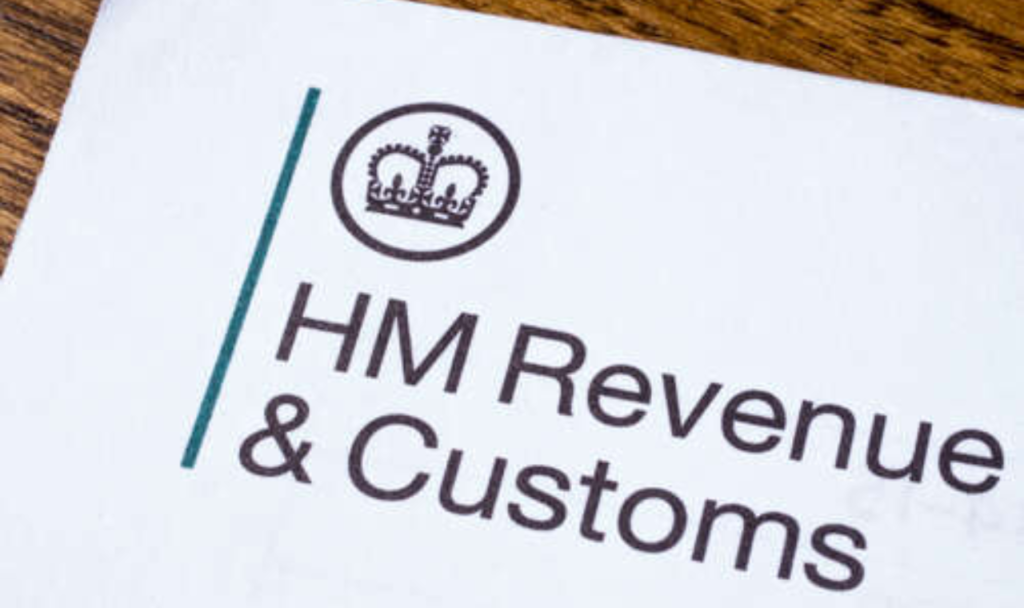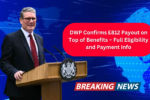The UK tax authority, HM Revenue & Customs (HMRC), has begun sending letters to savers who may have exceeded their Personal Savings Allowance (PSA) due to rising interest rates. Individuals holding savings over £3,500 could now be at risk of an unexpected tax bill. As interest rates climb, even modest savers may find themselves liable for tax on their earnings.
Why Is HMRC Targeting Savers?
HMRC has access to information from banks and building societies regarding interest earned on savings. Typically, this interest is paid gross meaning without tax deductions since the introduction of the Personal Savings Allowance in 2016. However, with interest rates on the rise, more individuals are exceeding their PSA and unknowingly accruing a tax liability.
Understanding the Personal Savings Allowance (PSA)
The PSA allows individuals to earn a certain amount of interest tax-free, depending on their income tax bracket:
- Basic-rate taxpayers (20%) can earn up to £1,000 in interest per year before tax applies.
- Higher-rate taxpayers (40%) have a reduced PSA of £500 annually.
- Additional-rate taxpayers (45%) receive no PSA, meaning all interest is taxable.
Any interest earned beyond these thresholds is subject to taxation at the individual’s marginal income tax rate.
According to HMRC, savers exceeding their PSA may be required to pay tax on the excess amount through Self Assessment or adjustments to their tax code.

How Rising Interest Rates Are Impacting Savers
The Bank of England has raised interest rates multiple times in recent years to combat inflation, with savings account rates now reaching around 5%. As a result, even relatively small savings pots could generate enough interest to breach the PSA limits.
For example:
- A basic-rate taxpayer with £20,000 in a 5% interest account would earn £1,000 annually exactly reaching the PSA threshold.
- A higher-rate taxpayer with the same savings would earn £1,000 in interest, but since their PSA is £500, the remaining £500 would be taxable.
Given these numbers, even savers with as little as £3,500 in high-interest accounts could be edging closer to a taxable amount especially if interest rates continue to rise.
What to Expect If You Receive an HMRC Letter
HMRC has been sending P800 tax calculation letters to those it believes have exceeded their PSA. These letters outline how much tax is due and how it should be paid. However, due to a backlog and increased volumes of data, many notifications have been delayed until March 2025.
If you receive a letter, it is essential to:
- Check Your Interest Earnings – Review bank statements or log in to online banking to verify the interest earned in the previous tax year.
- Compare It With Your PSA – Determine whether your interest exceeded the tax-free allowance based on your income tax bracket.
- Pay Any Tax Due – If you owe tax, HMRC may adjust your PAYE tax code to collect the amount or request payment via Self Assessment.
How to Avoid Unexpected Tax Bills
If you’re concerned about breaching your PSA, consider the following strategies:
1. Use Tax-Free Accounts
One of the best ways to avoid tax on savings is by using an Individual Savings Account (ISA). Interest earned in an ISA is entirely tax-free, regardless of income level. The 2024/25 ISA allowance remains at £20,000 per person.
2. Distribute Savings Across Accounts
If you’re in a couple, spreading savings between two individuals can help maximize each person’s PSA. For example, a basic-rate taxpayer couple could each hold savings separately and take advantage of a combined PSA of £2,000.
3. Consider National Savings & Investments (NS&I) Products
Some savings options, such as Premium Bonds from NS&I, offer tax-free returns in the form of prize winnings rather than interest. Since these winnings do not count towards your PSA, they can be a tax-efficient way to save.
What If You Don’t Pay the Tax?
Failing to pay tax on savings interest could result in penalties from HMRC. While the tax authority typically allows reasonable time for payment, ignoring a tax bill could lead to:
- Additional charges for late payment.
- Interest on unpaid tax accumulating over time.
- Further enforcement action, such as direct deductions from salary or savings.
To check whether you owe tax or set up a payment plan, visit GOV.UK.
The Bigger Picture: Will Savings Tax Increase?
Some financial experts speculate that the PSA thresholds may not increase despite rising interest rates, meaning more people will be affected over time. There have been discussions in Parliament about adjusting these allowances to reflect inflation, but as of now, there are no announced changes.
Conclusion
As savings interest rates rise, more UK taxpayers especially those with over £3,500 in savings may be at risk of exceeding their Personal Savings Allowance. The best approach is to stay informed, monitor your accounts, and consider tax-efficient savings options like ISAs.
If you receive an HMRC letter, do not ignore it. Verify the figures, understand your tax obligations, and take the necessary steps to settle any owed tax.

Pankaj Kumar is a journalist at Chandigarh X, covering admit cards, recruitment, and government schemes. His articles provide readers with detailed insights into application processes, eligibility, and exam updates.
Outside of work, Pankaj enjoys traveling, fitness, and cricket, often participating in local matches on weekends.



